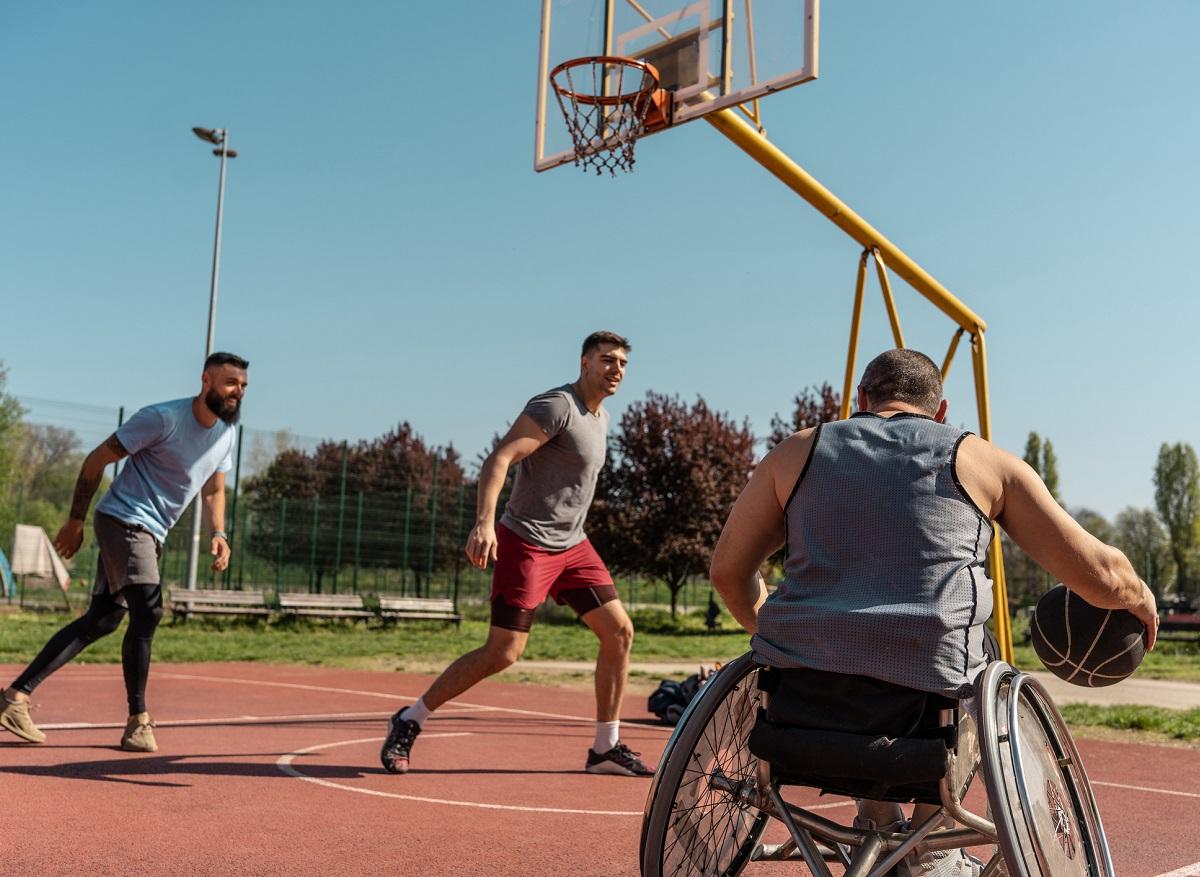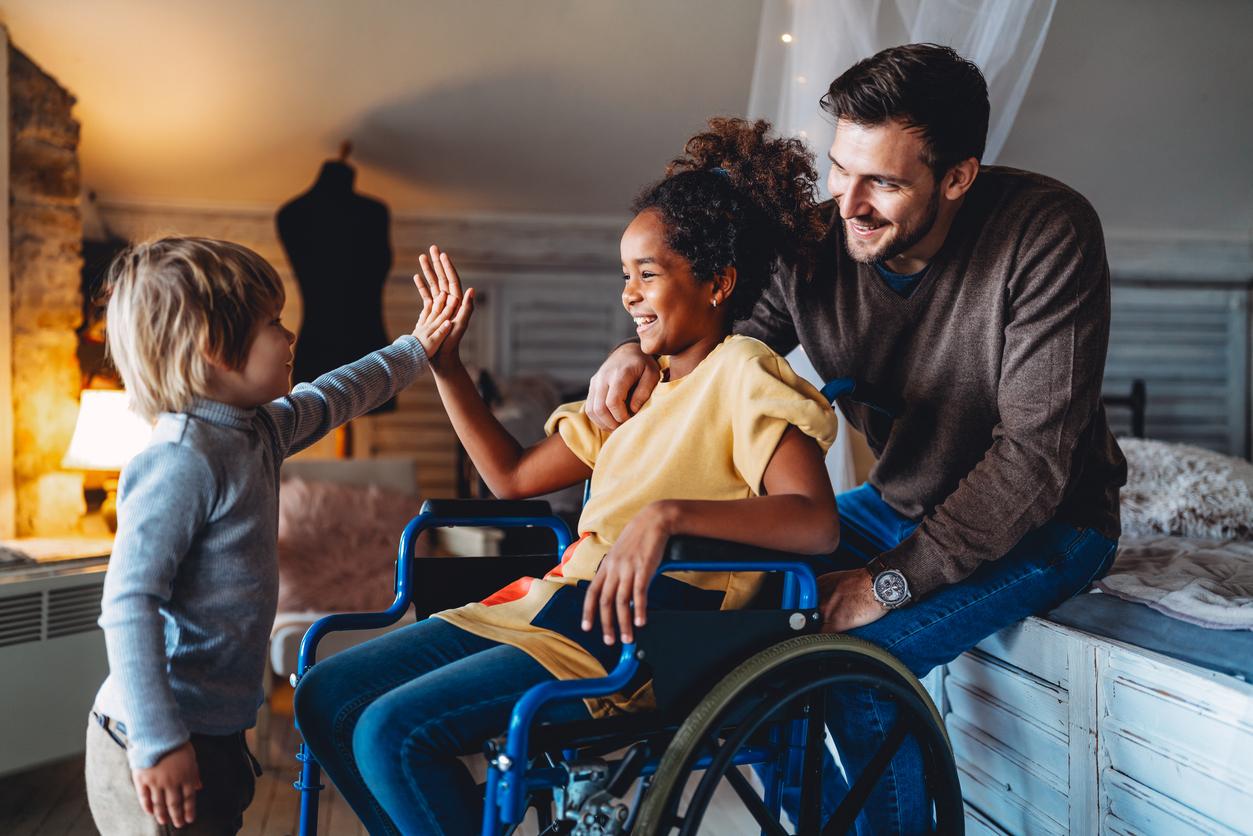Sport is for everyone! However, inequalities of access persist based on gender, social origin or disability.

- Sport is a right for all.
- Inclusion in sport is a social issue.
- Everyone can find a physical activity adapted to their needs and desires.
How can we make sport more inclusive and promote social cohesion? Discover the initiatives that work towards sport being accessible to all.
Inequalities in access to sport: an alarming observation
While sport is often presented as a vector of unity and sharing, the reality is more complex. Many people are still excluded from sports practices due to social, economic or physical barriers.
• Gender inequalities: Fewer women practice sport regularly and have less access to positions of responsibility in the sporting world.
• Social inequalities: The cost of sports activities, the lack of infrastructure in certain neighborhoods, or even stereotypes linked to certain sports practices limit access to sport for people from disadvantaged backgrounds.
• Disability: Despite the progress made, people with disabilities still encounter many difficulties in practicing an adapted sporting activity.
Initiatives for a more inclusive sport
Faced with these inequalities, many initiatives are emerging to make sport more accessible to all:
• Inclusive sports clubs: These clubs welcome people from all backgrounds, whatever their level or disability.
• Adapted sports programs: These programs offer physical activities adapted to the specific needs of people with disabilities.
• Public policies: Public authorities are implementing measures to promote access to sport for all, such as the construction of accessible sports infrastructure or the financing of inclusion projects.
Sport, a lever for a fairer society
Sport has a unique power to bring people together and create social bonds. By promoting inclusion, sport contributes to:
• Combating discrimination: Sport can help to deconstruct stereotypes and promote equality between men and women, between people from different social backgrounds and between able-bodied and disabled people.
• Improve public health: By making sport more accessible, we promote better health for all, particularly in terms of preventing chronic diseases.
• Strengthen social cohesion: Sport can help create social bonds and promote living together.
Sport is a powerful vector for inclusion and social cohesion. By acting together, we can create a fairer and more equitable sporting environment, where everyone can find their place. It is essential to continue to develop initiatives to facilitate access to sport for all, regardless of their social origin, gender or disability. By playing sport, we contribute not only to our individual well-being, but also to that of society as a whole.
















